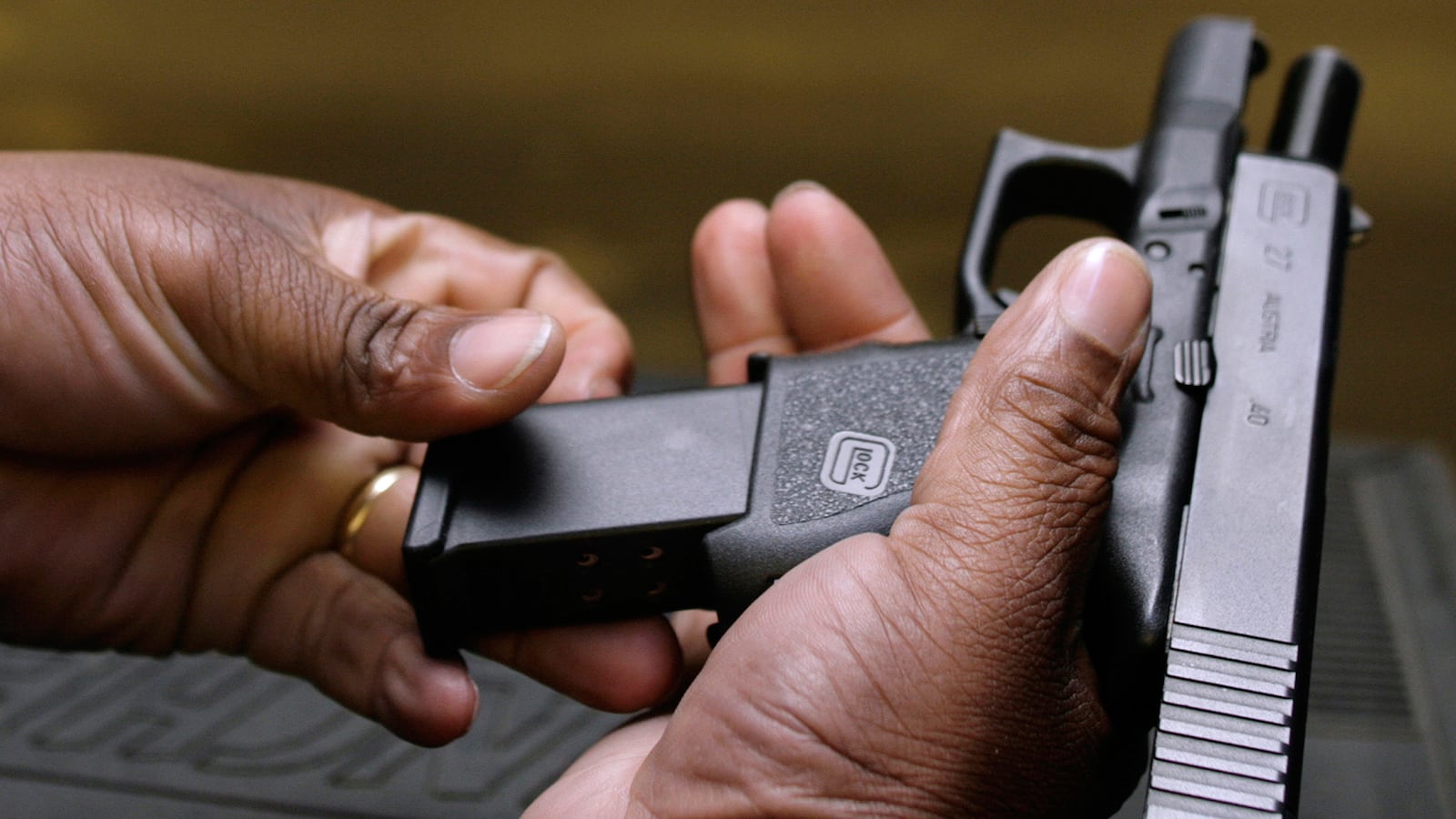People with severe mental illness who commit suicide using a gun likely purchased the firearm legally, a new Duke Health study finds.
From 2002 to 2012, researchers analyzed gun use, violent crime, and suicide among 81,704 people with schizophrenia, bipolar disorder, or major depression in Florida’s Miami-Dade and Pinellas counties. During that time, 254 committed suicide; 50 of them used a gun.
Despite a past of involuntary mental health examination and/or brief hospitalization, 72 percent of those who used a gun to commit suicide legally purchased the weapon. The other 28 percent were not supposed to own or purchase a gun, but still used one to end their life.
Led by Jeffrey Swanson, Ph.D., the study focuses on restricting access to guns as a means of public health intervention. “There is a lot of focus on people with mental illness in the discussion of gun violence prevention, and that’s both wrong and right,” Swanson said in a a Duke Health video.
Swanson said that when focusing on interpersonal violence, mental illness contributes very little. The conversation should be focused on suicide—after all, two-thirds of firearm deaths are suicides and mental illness significantly increases the risk. People with severe mental illnesses—like schizophrenia or bipolar disorder—are 12 times more likely to commit suicide on average, according to research released in 2010 by King’s Health Partners.
The Duke study is a stepping stone, one piece of a much bigger puzzle. It is limited to a very specific population—adults in the public health behavioral system in two Florida counties—but it can guide efforts to create better policies throughout the U.S.
Swanson said that those who to commit suicide are often not prohibited from purchasing a gun on the day they use it. But many of these people have records in the mental health care system. They’ve been evaluated and treated, and while they have not progressed to an involuntary commitment (which would disqualify them from gun ownership) they are still at risk, Swanson said.
In this particular study, 26 percent of people had been through an involuntary mental health evaluation crisis, but could still legally purchase a gun.
“States could say, ‘let’s use this as a time to separate that individual from guns.’ It is an opportunity because those records already exist,” he said. “That experience is common in other states and I’d like to do another study to find out how well it works, comparing states who are doing this and those who are not.”
Swanson was traveling and could not be reached for further comment.






